If you’re self-employed or have an income that doesn’t fit traditional molds, securing financing for a home renovation or debt consolidation can seem daunting. However, bank statement second mortgages are designed to provide a viable solution for homeowners who don’t rely on conventional pay stubs, W-2 forms, or tax returns.
Navigating Mortgages as a Self-Employed Professional: A Guide to Non-QM Lending
For self-employed professionals, the mortgage process can feel like passing through a maze, fraught with challenges and uncertainties. Traditional lending standards often favor individuals with stable, predictable incomes, leaving entrepreneurs and freelancers in a precarious position.
Getting A Mortgage When Self-Employed: What You Need To Know
There is a common misconception that someone who is self-employed will not have the tax records or income necessary to qualify for a mortgage; however, that is not necessarily the case. In reality, if you are self-employed, there are a lot of home loan options available to you.
A Non-QM Mortgage: What Does This Mean?
If you are interested in purchasing a house, you need to review all of the offers available. The vast majority of loan officers are going to talk about something called qualifying mortgages, which is usually shortened to QM.
Getting Your Mortgage Application Approved As A Self-Employed, First-Time Homebuyer
A significant number of people are self-employed, which means they might be relying on this income to apply for a mortgage. It is true that people who are self-employed may face additional challenges when trying to get approved for a home loan when compared to someone with traditional W2 income, these are obstacles that can be overcome. With the right qualifications and documentation, even first-time homebuyers who are self-employed should be able to qualify for the home loan they need.


